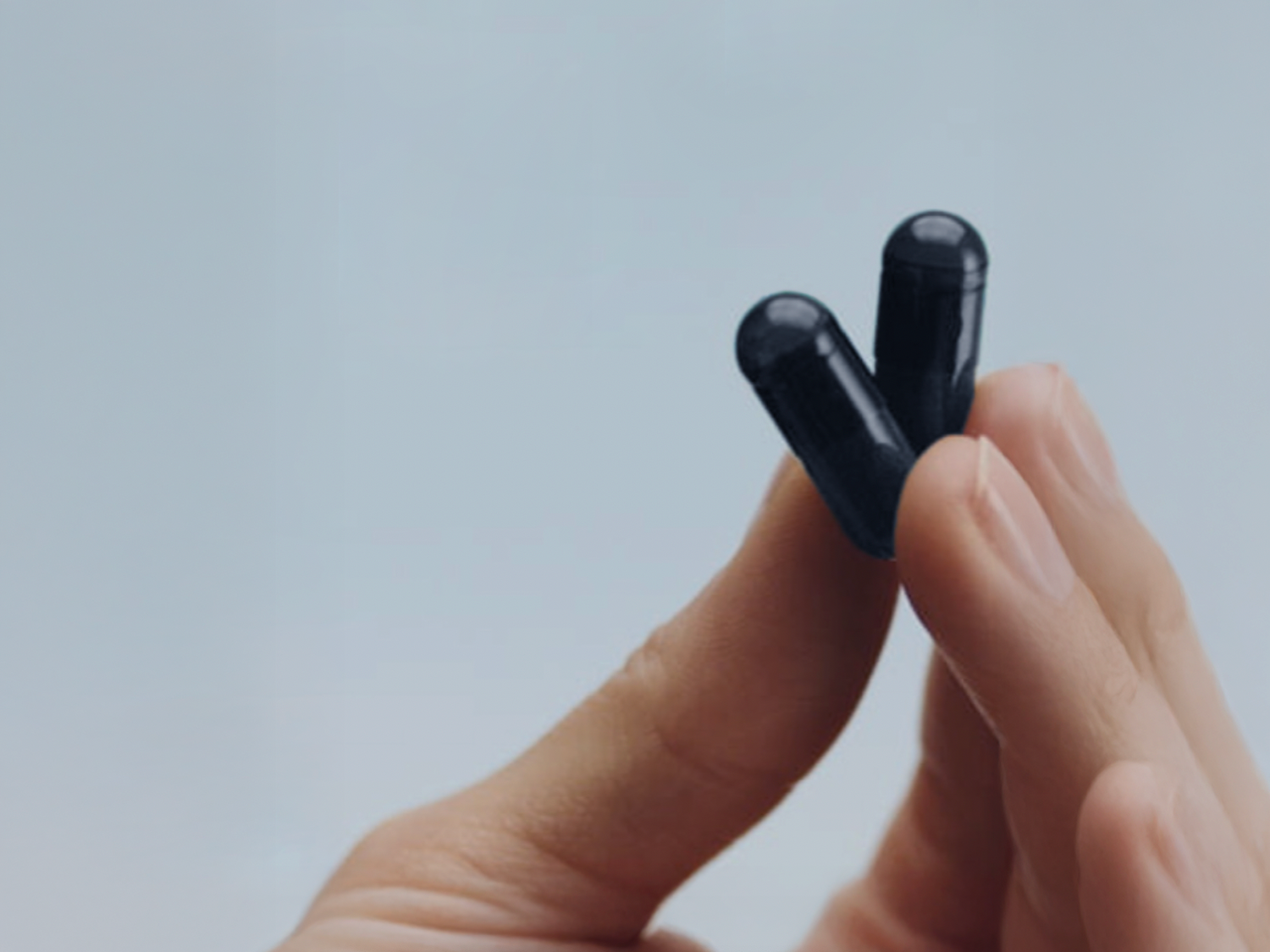Alcohol and the Aging Process
Alcohol might seem harmless in your early 20s, but the effects of drinking evolve with age—and so does your body’s ability to recover from it. What once felt like a quick bounce-back after a night out can gradually become lingering fatigue, dull skin, brain fog, and more. As we move through different decades of life, alcohol's impact becomes more pronounced, both inside and out. Understanding the connection between alcohol and aging is key to maintaining your health and vitality over time.
In Your 20s: Laying the Foundation
In your 20s, your body is generally more resilient. Hangovers may feel short-lived, and your skin and metabolism often recover quickly. However, this is also the time when habits begin to form — some of which can accelerate aging later on. Regular drinking, especially binge drinking, introduces toxins like acetaldehyde into the body. This byproduct of alcohol metabolism damages cells, increases oxidative stress, and contributes to inflammation. Over time, even occasional overindulgence can begin to take a toll on your liver, gut, and skin.
In Your 30s: Slower Recovery, Visible Signs
By the time you hit your 30s, your body processes alcohol more slowly. You might start noticing more intense hangovers, puffy skin, and longer recovery periods. Collagen production begins to decline naturally during this decade, and alcohol exacerbates the process, contributing to premature aging of the skin. You may also feel more sluggish after drinking, as your liver becomes less efficient at clearing toxins like acetaldehyde. Energy dips and hormonal shifts become more common, and alcohol can interfere with sleep, gut health, and immune function — amplifying these effects.
In Your 40s and Beyond: Compounding Effects
In your 40s and beyond, alcohol's cumulative impact becomes more obvious. Liver function declines with age, and any pre-existing damage from years of drinking can become more problematic. Chronic inflammation may lead to conditions like fatty liver disease, increased cardiovascular risk, and insulin resistance. In addition, alcohol contributes to cognitive decline and memory issues, while weakening bone density and muscle mass. A glass of wine here and there may not seem harmful, but consistent drinking — even in moderate amounts — can accelerate biological aging.
The Role of Acetaldehyde in Aging
Much of the damage associated with alcohol stems from acetaldehyde, the toxic byproduct created when your body metabolizes alcohol. Acetaldehyde is a known carcinogen that harms cells and tissues and accelerates the breakdown of key proteins, including those responsible for skin elasticity and liver function. Left unchecked, it fuels oxidative stress and inflammation — two hallmarks of premature aging and chronic disease.
Smarter Drinking Habits with A-Minus
While quitting alcohol entirely is one option, smarter drinking habits are another path toward preserving your health. That’s where A-Minus comes in. This innovative supplement uses activated carbon to bind to acetaldehyde like lock and key and help remove it from your body before it causes lasting damage. Taken immediately after drinking, A-Minus helps support faster recovery, clearer skin, better sleep, and long-term cellular health. It’s not a license to overdrink — but it is a science-backed way to reduce alcohol’s toll on your body as you age.
Invest in Your Future Health
Aging is inevitable, but how you age is influenced by the choices you make. Being mindful of your alcohol intake — and taking steps to counteract its most harmful effects — can protect your body, mind, and skin as the years go by. Whether you're in your 20s, 30s, or beyond, now is the time to adopt smarter habits. With support from tools like A-Minus, you can enjoy life while still safeguarding your long-term health and well-being.




